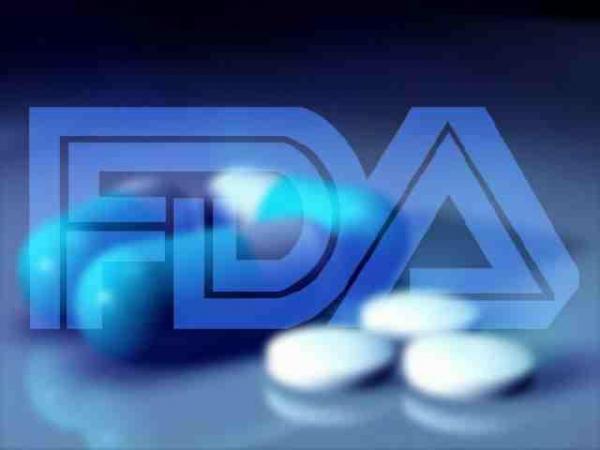SCIENTISTS approach any experiment with great care. Because gene therapy is a new technique that might have unforeseen risks, scientists first develop a proposed experiment, known as a protocol, that incorporates strict safety guidelines.
In the United States, a gene therapy protocol must be reviewed and approved by the Recombinant DNA Advisory Committee of the National Institutes of Health (NIH). If approved, the protocol then is submitted to the Food and Drug Administration (FDA) for approval. After the FDA gives permission for human testing to begin, the organization continues to monitor the experiments. In the course of a clinical trial, researchers are required to report any harmful side effects resulting from the gene therapy treatment under study.[12] |  |
Observers note that the field of gene therapy still is very young and that the rules governing gene therapy clinical trials are evolving as the field evolves. Currently there exist more than 700 clinical gene therapy trials that have been initiated or approved worldwide. Of these, the majority are being conducted in the United States and Europe. The majority of trials focus on treating acquired diseases such as cancer and AIDS, although an increasing number of inherited conditions are being targeted.[3]
In the United States, the Center for Biologics Evaluation and Research of the FDA regulates human gene therapy products, or products that introduce genetic material into the body to replace faulty or missing genetic material.[12]
The FDA has not yet approved any human gene therapy product for sale. However, the amount of gene-related research and development occurring in the world continues to grow at a rapid rate, and the FDA is actively involved in overseeing the activity. The FDA has received many requests from medical researchers and manufacturers to study gene therapy and to develop gene therapy products. Such research could lead to gene-based treatments for cancer, cystic fibrosis, heart disease, hemophilia, wounds, infectious diseases such as AIDS and graft-vs.-host disease. In addition, the NIH continually re-evaluates the safety and effectiveness of gene therapy clinical trials.[3]
Many scientists believe the potential for gene therapy is the most exciting application of DNA science yet undertaken. The rapidly developing field has great potential for treating or even curing inherited and acquired diseases. And now that a draft of the human genome map is complete, research is focusing on the function of each gene and the role faulty genes play in disease.[5]